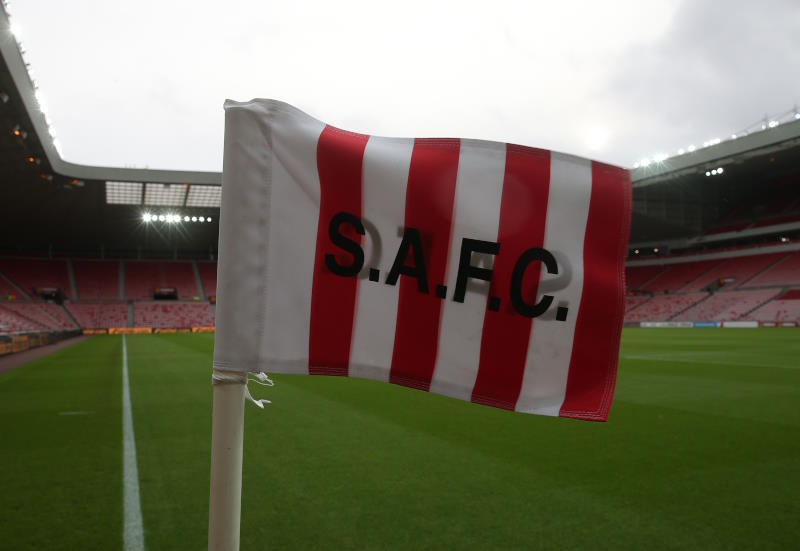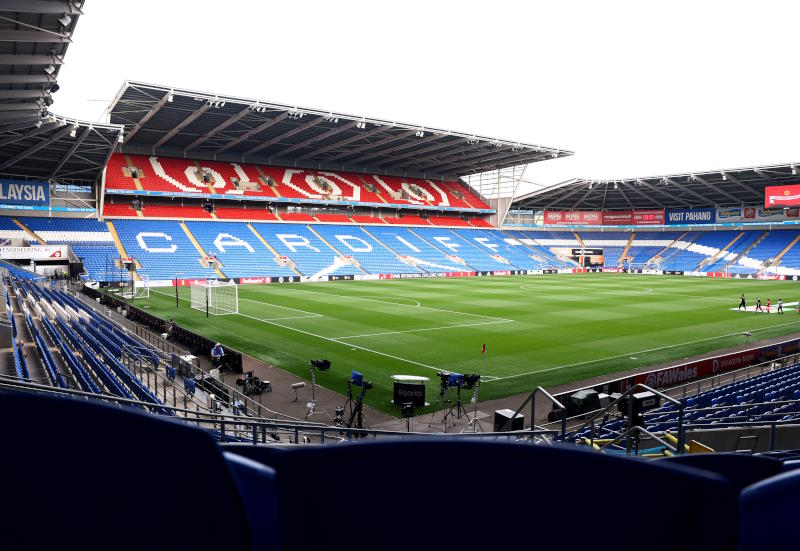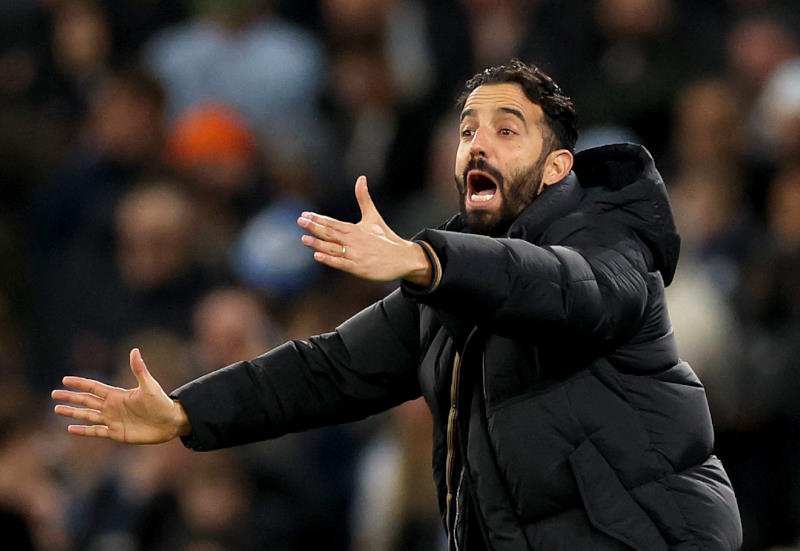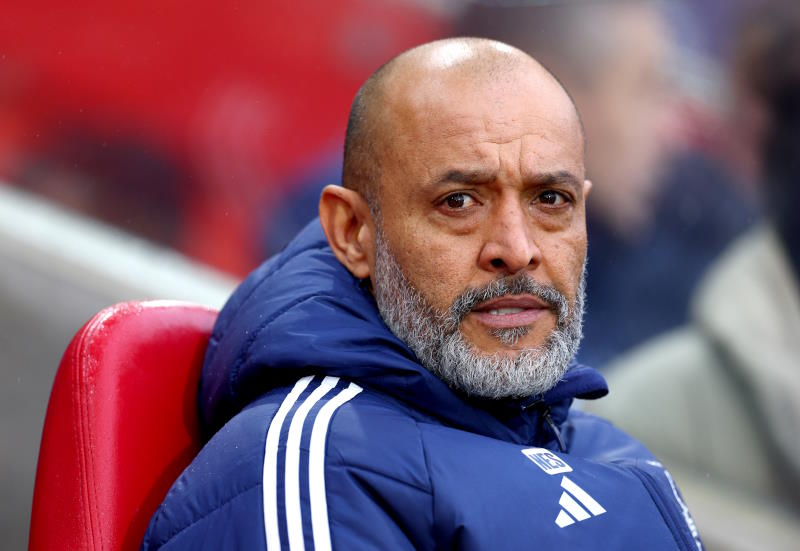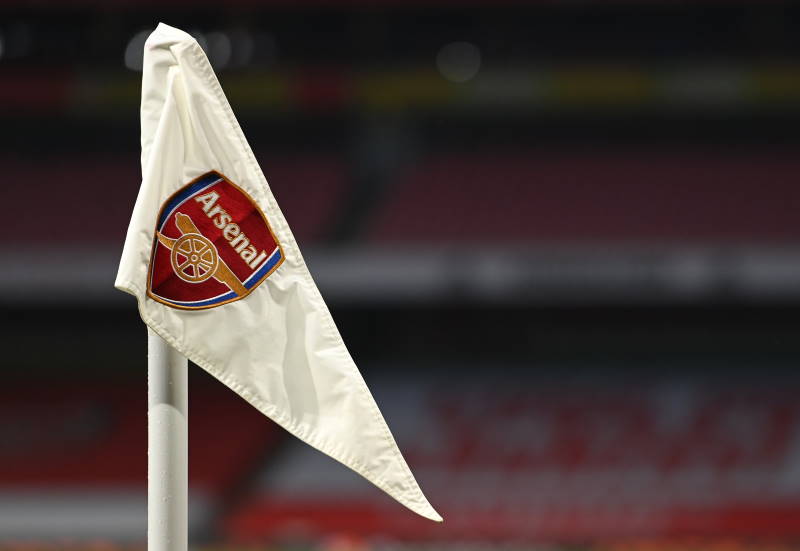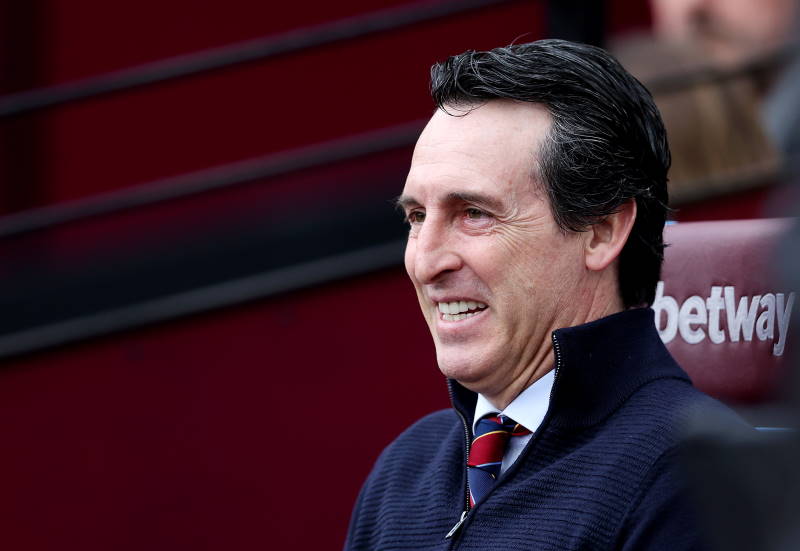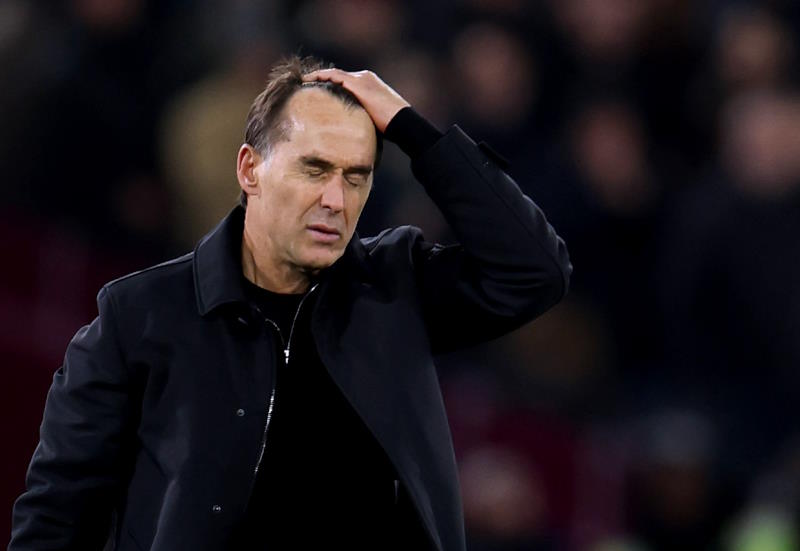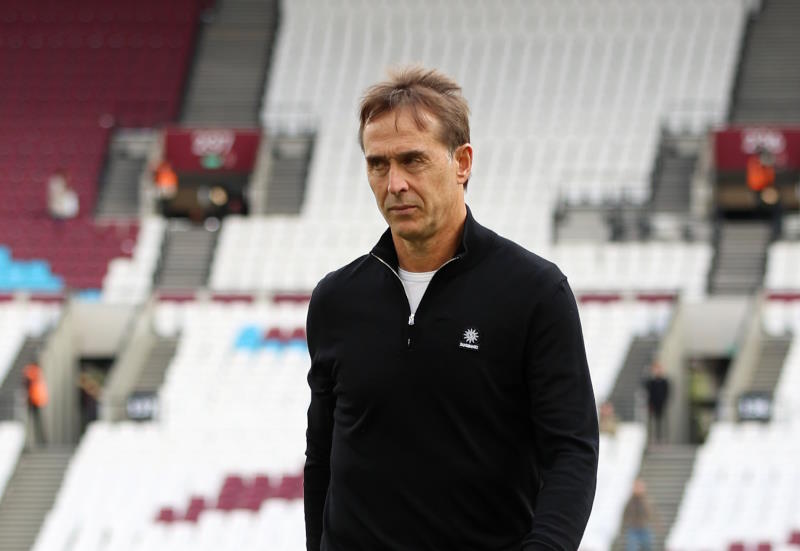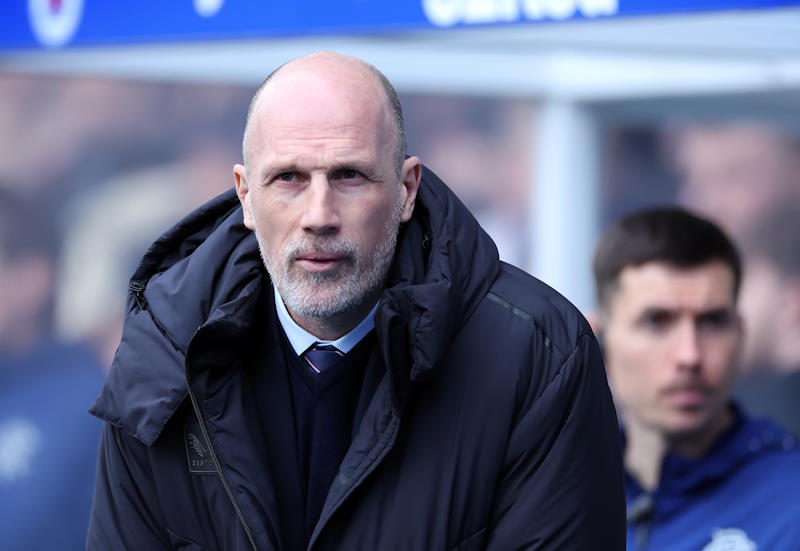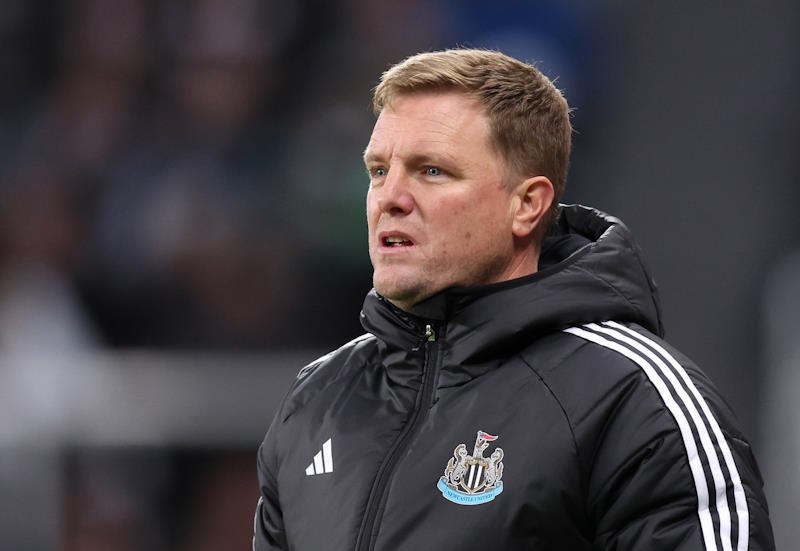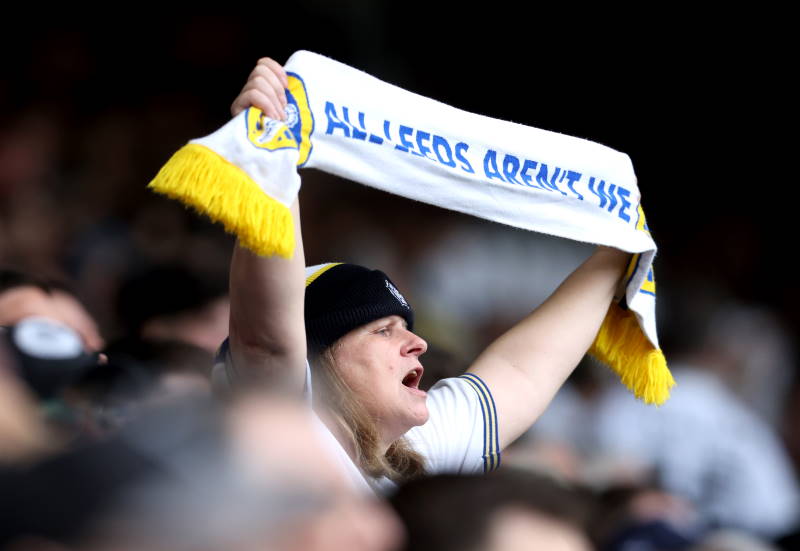
The scene itself has become all too familiar in Spanish football: Real Madrid are lauded as Clasico favourites days before their important clash with bitter rivals Barcelona; Josep Guardiola declares his counterpart’s team as the better side going into the battle; Jose Mourinho’s men start the game with a bang, only to fall down and crumble like a meticulously arranged set of dominos. A different Clasico each time to be sure, but the outcome remains the same.
Barcelona versus Real Madrid is a derby that has surpassed any other in recent years. Already a meeting between two sides at the opposite end of the football, social, cultural and political spectrum, it is the utter dominance of the Catalan side and the return of Florentino Perez to the White Castle in 2009 that has elevated the Clasico to perhaps the most important match in world football, simultaneously making it the most watched and followed derby on the planet.
Yet two and a half seasons into Perez’ second reign at the Santiago Bernabeu and with hundreds of millions of Euros splashed, Real Madrid do not appear any closer to overcoming Barcelona. Los Blancos may sit on top of La Liga and Mourinho may break the Blaugrana’s league dominance – but this will not be because the Portuguese has worked out how to beat his rivals in 90 minutes on the pitch on a regular basis. After nine meetings against Barcelona, Mourinho can boast only a single timid 1-0 victory in the Copa del Rey final last season, in contrast to Guardiola, who holds five wins over his Portuguese analog.
The last time the Royals managed to defeat Barcelona in a league match was 7th May, 2008, more than three and a half years ago. On that day, the Blaugrana performed a pasillo (guard of honour) at the Bernabeu for the side that had won the league a week earlier, only to succumb to a final 4-1 scoreline at the end of the 90 minutes. The scorers on that day, Raul, Arjen Robben and Ruud van Nistelrooy, have all since left the club.
Since that date, the Spanish portrait has dramatically changed. Barcelona have taken the footballing world by storm and not looked back since, knocking down any obstacle encountered, to the extent of being considered as the greatest team of all time, surpassing Alfredo di Stefano’s Real Madrid of the mid-1950s and AC Milan’s squad of the early 1990s. The world simply cannot get enough of Barca’s crisp passing, give-and-take football exhibited to immaculate perfection.
Mourinho was prized away from Inter in 2010 to do just one thing, and that is return the upper hand to Real Madrid by overcoming Barcelona, knowing that with a side of the Catalans’ magnitude brushed aside, the path would be paved for his troops to collect trophies galore.
Employing a playing style dramatically different to that of Barcelona, the former FC Porto boss has frequently opted to employ a defensive 4-3-3 formation whenever the two met, relying on counter-attacking football to feed fast players such as Angel di Maria and Cristiano Ronaldo.
This formation has generally failed whenever called upon, most recently in the first leg of the pair’s Copa del Rey clash on 18th January. Real Madrid’s reluctance to press Barcelona and take the game to their rivals at the Bernabeu has fostered a psychological problem for Los Merengues, according to sport psychologist Rhonda Cohen, Head of The London Sport Institute at Middlesex University. “It is really difficult with regular adversaries as you develop a brain pattern that is hard to break", said Cohen. "It is even a learned helplessness. You don’t ever think you can win and that negative energy keeps you down."
Conversely, Real Madrid seem to perform much better once they adopt their regular 4-2-3-1 tactics. Last season’s Copa del Rey final, the double-legged Spanish Super Cup event, last month’s Clasico and the most recent meeting on 25th January, saw Los Blancos dominate proceedings. Happy do revert to their usual system, the wingers provided much more overlap with the full-backs, while the extra presence of the attacking midfield position – occupied by an in-form Mesut Ozil – was a conduit to the attacking trio, an element absent under the 4-3-3 formation.
On some of these occasions, Real Madrid even took the lead, only to limit themselves to their own half and try to defend that advantage in a match that still had plenty to be fought for. As such, random kicking of the ball forward becomes regular, engaging in “destructive” football and earning themselves the crowd’s – even their own – boos and jeers.
This is not what the Bernabeu faithful in particular want to see: The team’s support system demands “beautiful” football, sometimes ahead of results. That said; it is no surprise to see white hankies after the 85th minute mark whenever the team are playing badly. Their fear of being overcome by Barca leads to heavy defending and an over-reliance on individual skill to earn that much-anticipated goal, a factor that was the subject of dispute between Sergio Ramos and Mourinho subsequent to the Copa del Rey first leg Clasico as the team’s vice-captain questioned his manager’s “ultra-defensive” tactics.
And to turn the tide in their favour, Real Madrid need to do the exact opposite, according to Cohen, who declares that only true belief from Mourinho’s team in themselves can strip the Blaugrana of their aura of invincibility and make the task of beating Guardiola’s men a physically feasible one. “Imagine them as adversaries that can be beaten, imagine them in a way that takes away all the perceived power that they currently hold over them. This is a case of what the players think as a team and as a unit. They need to work together and see their collective energy as destroying their Goliath."
Los Blancos’ development under Mourinho hit the reset button several times whenever the team faced Barcelona, only for Real Madrid to find their feet soon afterwards, but that was usually after the damage had already been done. Speaking after the Copa del Rey second leg, full back Alvaro Arbeloa was adamant that his side could have surpassed their adversaries. “We’re happy with our performance”, commented the former Liverpool man. “We could have easily won because we were better. We’ve managed to get rid of our psychological anxiety and fear of losing against Barcelona. It’s hard to be strengthened after being eliminated, but we realise we can defeat them and we’re looking forward to our next meeting."
Real Madrid are facing one of the best sides in the history of the game. Yet with every passing Clasico edition, it seems that the team are miles away from surpassing Guardiola’s combative titans. The 31-time La Liga champions now have every chance of adding another title as Mourinho perfects the art of beating the rest of the Spanish top flight – but a league victory devoid of a Barcelona win is tainted in the eyes of the club’s board and faithful. Should Real Madrid want to achieve that, it is their beast that needs to be unleashed, not the Catalans’.

